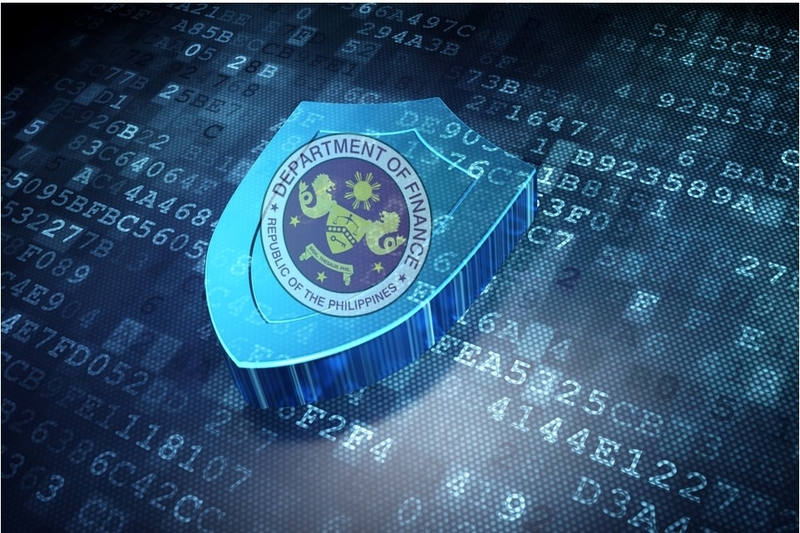
Secretary Carlos Dominguez III has directed Government Financial Institutions (GFIs) and other agencies under the Department of Finance (DoF) to work collaboratively to generate a cost-effective defence strategy. The solution must be able to shield their respective systems from potential cybersecurity threats along with other possible risks and data breaches in the digital landscape.
Investing in cybersecurity is not only a crucial national security concern, but is also indispensable to protecting sensitive citizen information stored in the systems of our GFIs and other state-run institutions.
As an initial step, Government Financial Institutions, state-run pension fund and insurance agencies, and the revenue and treasury agencies have been instructed to enter into their respective Memoranda of Agreement (MOAs) on a shared cyber defence strategy.
This involves institutions such as the Land Bank of the Philippines (LandBank), United Coconut Planters’ Bank (UCPB), and the Development Bank of the Philippines (DBP); the Insurance Commission (IC), Philippine Health Insurance Corp. (PhilHealth), Philippine Deposit Insurance Corp. (PDIC), Government Service Insurance System (GSIS) and Social Security System (SSS); and the Bureaus of the Treasury (BTr), of Internal Revenue (BIR), and of Customs (BOC).
The Memoranda of Agreement among the institutions and agencies involved in this cybersecurity plan will be done in segments. Government Financial Institutions such as DBP, UCPB and LandBank will comprise one segment, while the insurance fund agencies and the revenue bureaus under the DOF will be under the two other segments.
Each segmented group will adopt a “shared defence strategy” to make the cybersecurity program cost-effective, Dominguez said.
“The issues and concerns of each sector are similar, so it makes sense that the cost burden of these investments will be equally borne by the group,” Dominguez said.
The secretary he has also ordered the creation of a working group composed of representatives from these agencies to work on identifying the potential cybersecurity threats and cases of cyber fraud that they may encounter, and on determining ways of eliminating or mitigating these risks.
The nation is extremely keen on institutionalising its cybersecurity program. As the Duterte administration fast-tracks its digital transformation initiatives to meet the challenges of the emerging New Economy, the country is determined to ensure that it has the capacity to defend its critical systems from cyberattacks from third parties and other possible hazards.
In a bid to make the strategy and solution more comprehensive, the government may tap the expertise of the private sector in coming up with a shared cyber defence strategy covering state institutions and agencies under the DOF.
The Philippines is taking a prudent approach to protecting the country’s financial “infostructure” especially at this time when the digital space has become vulnerable to a wide range of sophisticated cyberattacks and threats.
“We are serious in protecting our national interests and ensuring the safety of citizen information so we are taking steps to heighten our digital protection strategies,” Dominguez said.
The is not the first ICT/IT related cross-agency / ministry effort that the nation has undertaken. Government agencies had earlier joined efforts to improve PH ICT infrastructure in September this year. The Department of Information and Communications Technology (DICT) together with other government agencies are putting together their efforts and initiatives in pursuit of an improved information and communications technology (ICT) infrastructure landscape as the country continues to adapt to the New Normal.
The need for an improved ICT infrastructure is still one of the major concerns of the government during this public health emergency as the demand for Internet connectivity surged among businesses, industries, students, workers and the larger public. In view of this, the Department is focused on promoting faster telecommunications tower buildup through reducing tower permitting requirements.
















